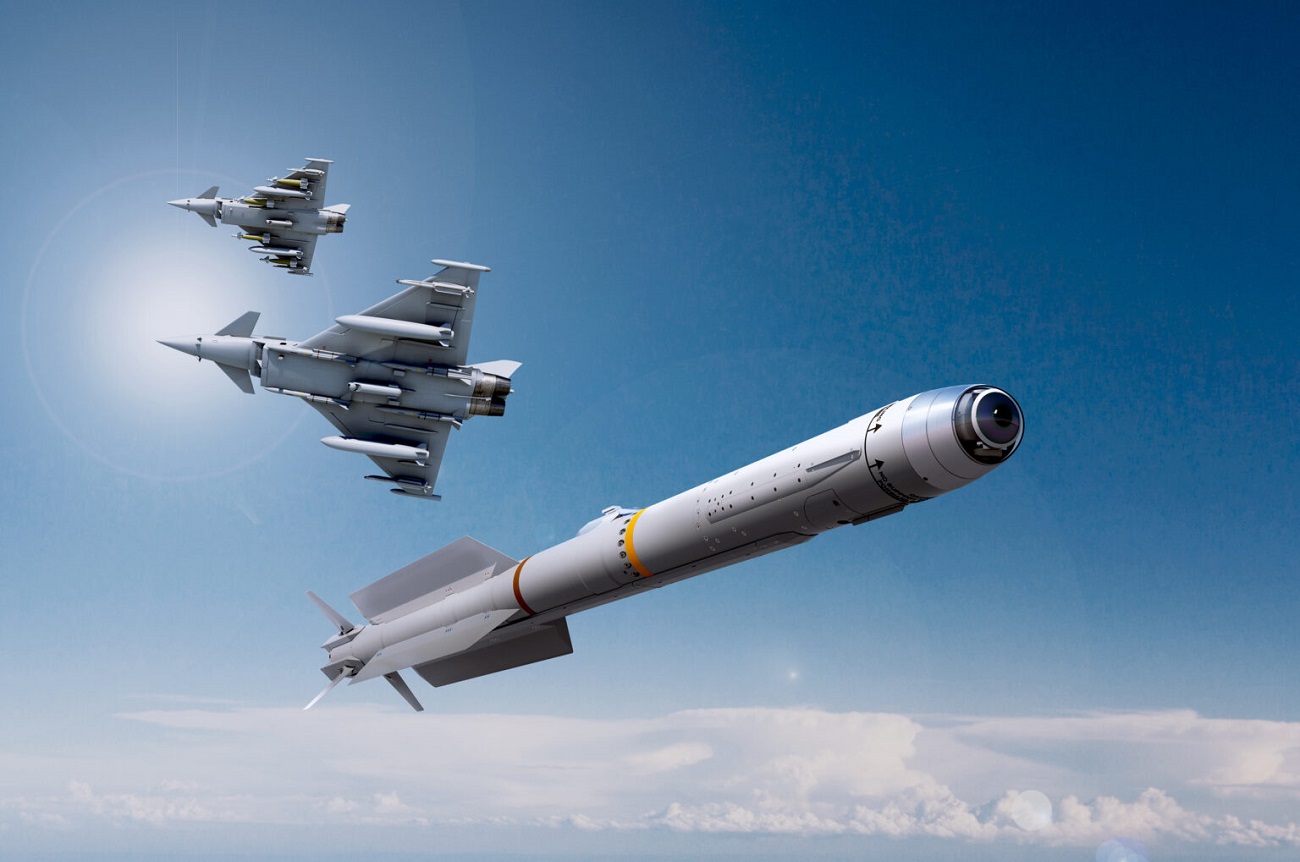Germany has given the green light for the sale of 150 Diehl Defence IRIS-T air-to-air missiles to Saudi Arabia, marking a resumption of arms exports to the kingdom after a hiatus since the 2018 killing of Saudi journalist Jamal Khashoggi. The approval, granted by Germany’s federal security council in December, reflects a notable shift in the country’s foreign policy and has implications for regional dynamics. The IRIS-T guided missile, developed as part of a European cooperation program, is designed for air-to-air missions, offering exceptional agility with its combination of thrust vector and aerodynamic control. The missile’s imaging IR seeker head, coupled with intelligent image processing, allows for precise target designation using airborne radar or the pilot’s helmet sight. Notably, the IRIS-T can engage targets behind the aircraft and intercept opponents’ missiles, making it a versatile and powerful tool in modern aerial warfare.
This latest batch of missiles is destined to replenish Saudi Arabia’s depleted arsenal, a crucial development considering the increased use of such missiles to intercept drones launched from Houthi-controlled areas in Yemen. The security source’s disclosure sheds light on the strategic importance of bolstering Saudi Arabia’s defense capabilities, especially in the face of evolving threats in the region. The decision to export these missiles to Saudi Arabia is a departure from the German government’s stance in recent years. Chancellor Olaf Scholz and Foreign Minister Annalena Baerbock have both indicated this week that Germany will no longer obstruct British efforts to sell additional Eurofighters to Riyadh. This signals a willingness to engage more actively in the arms trade, potentially shaping Germany’s role in global security and defense partnerships.

The IRIS-T (infrared imaging system tail/thrust vector-controlled) is a medium range infrared homing air-to-air missile available in both air-to-air and ground defence surface-to-air variants. It also is called AIM-2000. The missile was developed in the late 1990s–early 2000s by a German-led program to produce a short to medium range infrared homing air-to-air missile to replace the AIM-9 Sidewinder in use by some NATO member countries at the time. A goal of the program was for any aircraft capable of firing the Sidewinder to also be capable of launching the IRIS-T. Surface-to-air defence systems variants came later, with the short-range IRIS-T SLS fielded in 2015, and the medium-range IRIS-T SLM fielded in 2022. One IRIS-T SLM battery, as supplied by Germany to Ukraine, consists of three truck-mounted launchers, carrying eight missiles each (with a range of 40 kilometres or 25 miles), and a separate command vehicle that can be positioned up to 20 kilometres (12 mi) away.
The IRIS-T’s adoption as the standard weapon for various fighter aircraft, including the Eurofighter, F-16, EF-18, Tornado, and Gripen, underscores its international significance. Beyond its original role as aircraft armament, the missile has found utility as a surface-launched guided missile in ground-based air defense systems, such as the IRIS-T SLS, for object and short-range protection. Notably, the Norwegian Air Force demonstrated the missile’s capability to engage sea targets in a 2016 test firing, showcasing its adaptability to evolving defense needs. Diehl Defence, the prime contractor in the IRIS-T program, has been producing the missile since 2005 in collaboration with industrial partners from six European program nations. The approval of this missile sale to Saudi Arabia not only serves as a testament to the capabilities of German defense technology but also raises questions about the evolving dynamics in the Middle East and Germany’s role in shaping regional security.












